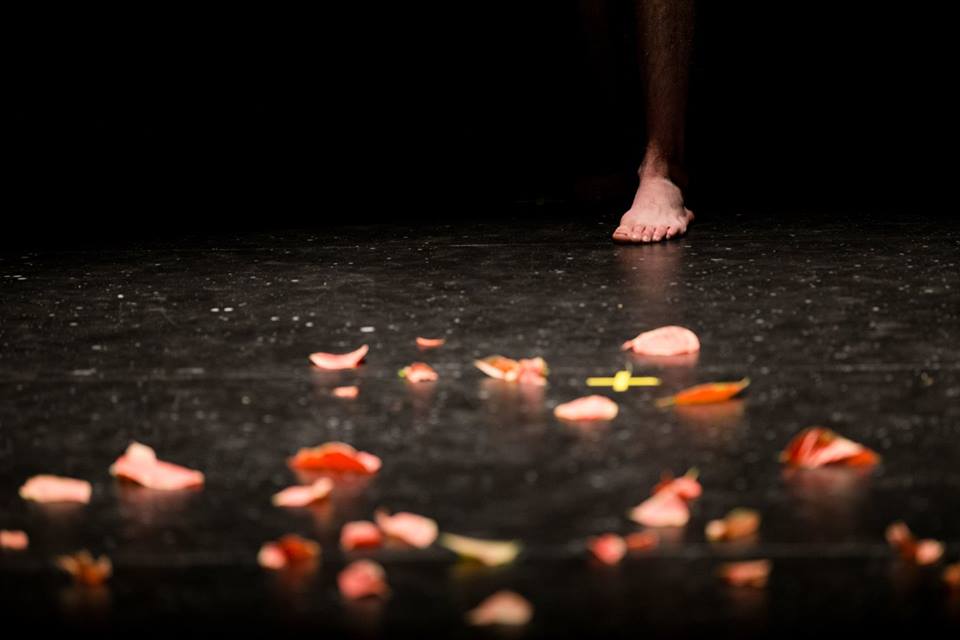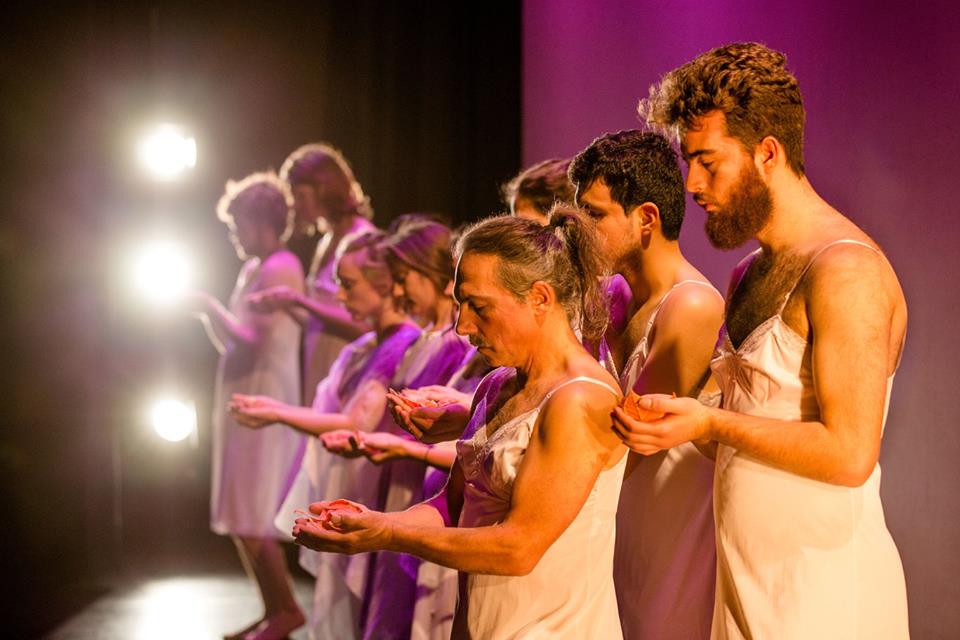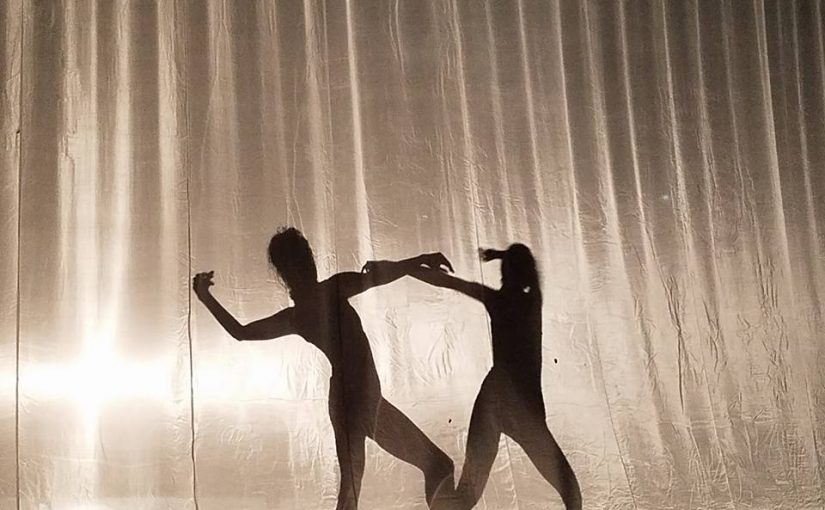This is a personal post regarding my health, my experiences, and my updated independent learning contract.
A time for me to open up my mounds in a safe and public space, to share some of the stories that have brought me to this day, March 6th, 2017
I have been experiencing degrees of depression for the last two years. Six months ago was the first time the feeling stayed long enough for me to need to give a name to the feeling so that I could address it, since it was clear that it wanted and needed to stay with me for a while. Six months ago I was also in my first Butoh stage-performance. (I will dive deeper into what Butoh is another time, but for some texture I will offer a brief image of what Butoh is.)

Butoh is a form of dance-theater that was born in Japan. Rising in 1959 through the two original collaborators, Hijikata Tatsumi and Ohno Kazuo.
Known as the dance of death, disease, and darkness, the body moves slow and the goal is not to entertain. The audience is there to witness the performer reflect the parts of humanity that are taboo, silenced, and ignored. The very first Butoh performance revolved around homosexuality, bestiality, and a chicken was suffocated; pretty heavy content for any time period, but especially so for 1959.
“But, what is Butoh?”
It has taken many forms, and the answer and definition could be a controversial topic depending on who you who talk to. Butoh has roots in Japan, but has flourished in many countries since the 1970’s. It transforms and always will, and today, Butoh encompasses many styles, from the grotesque to the austere, from erotic to comic. It is often regarded as surreal and androgynous, focusing on the human condition and primal expressions rather than physical beauty.
If a friend of mine who has never seen Butoh before, and I went to invite them to experience it, I usually describe it as a per formative mediation, for the performer and the witnesses, on the things we sometimes like to cover up or turn away from.

Now lets return to six months ago, two weeks before my first staged performance. My beautiful friend Nicholas, a queer latinx man, was murdered after his shift at the hospital he worked at. We still do not know who killed him, or why, but we have our assumptions. After the death of my friend, the weight of his departure and all of the taxing encounters with my own demons, I decided going to a counselor for the first time in my life could possibly be beneficial. Parts of it was, and parts of it was not. I have only gone twice, and I have not met with them again since January.
Every time I have ever prepared for a large scale Butoh performance, my modes of existing completely change. If my consciousness had a face, the hands of Butoh would grab it, and completely morph my head so that my eyes are staring in the opposite direction; directly into my body, forcing me to look at what and who I am. I believe there is a correlation between my experiences with depression and my first time really experiencing Butoh as an art form that I give away to others.
Butoh allows its dancers to feel in ways that are often discarded in our lives because of the logical and reasonable modes that we must be in in order to survive in this modern world. I become so occupied with digging into myself, that almost all of my daily and scholarly tasks began to feel more like obligations instead of nurturing experiences. Communicating in ways other than my body or song began to feel restricting and unfullfilling.
By Week five I had decided to make Butoh and its affects on the body and mind a part of my ILC.
I want to communicate what my fellow dancers and I experience during Butoh. I want to explore the ways we can handle depression and trauma by using our own body and silence as medicine.
Communication through language has been a trip for me the last few months, and I will try my hardest to share these experiences and findings. Thankfully, I am also currently taking a creative writing class with David Wolach, and they are helping me scale along the limitations that I am imaging for my work.
Thank you class mates, thank you body, and thank you Sarah Williams for the patience and support you have given.
Aho
~Jennfier Diaz
